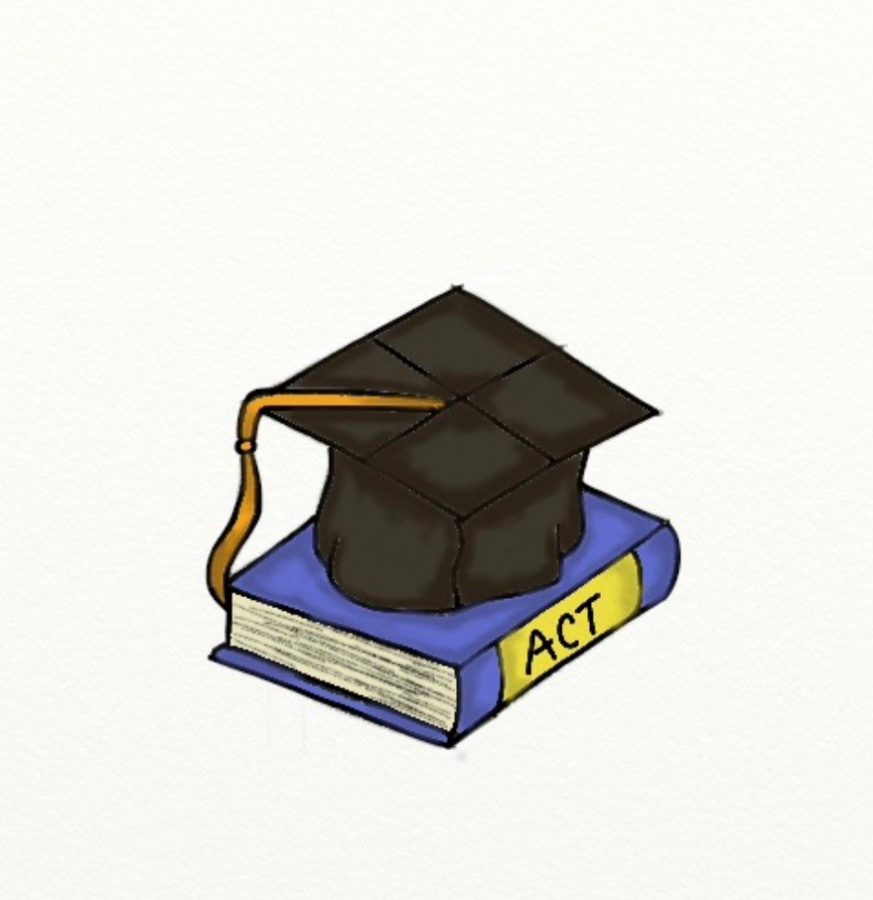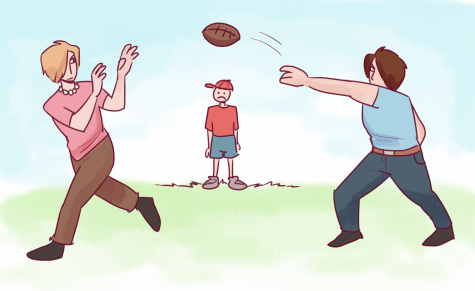Early college readiness: more harmful than helpful?
March 1, 2019
College readiness ironically achieves the exact opposite of its purpose: it makes students less prepared for college. Beginning early in a child’s life, college advocacy can set them up to find crushing disappointment in themselves and society, as well as sacrifice their mental health for perfectionism.
Perfectionism is a standard that many students have to attempt to overcome due to the way colleges frame acceptance. In elementary school, students view doing academically well as an accomplishment for themselves, whereas in high school that perception shifts to doing well academically is an accomplishment that can be used for college admissions. This subtle shift has an enormous impact on students, specifically in the way that it normalizes perfectionism and equates anything else with failure. For many students, mental health severely suffers by this change. A bad grade is not considered a blemish, but instead, a reason to give up, because students believe that is what their acceptance is defined by.
The cycle of not being perfect and labeling themselves a failure is an ever-present phenomenon for students who think college is the only thing they are working towards. This skews perception and diverts students from thinking big picture, in turn, harming their mental wellbeing.
The introduction of college readiness in middle school and even as early as ninth grade is mentally and emotionally harmful for students. The mindset of preparing for college often drives some students to doubt their abilities and question what is considered sufficient for college. This translates into problem areas like heavy course loads where high school students overburden themselves to take some of the most challenging courses in order to appease what they think are college expectations. The truth is that these enormous burdens often come at the sacrifice of adequate mental health and genuine interests.
For instance, especially at a school like Edina High School, Advanced Placement courses are a phenomenon that are taken by many students who believe the advanced classes will give them a leg up in college admissions. Using the college process as the sole purpose of course load is extremely draining and problematic for students who may not meet the extremely high expectations they have set themselves. It also translates to not engaging with personal strengths and interests because they might not be considered as compelling on a college application.
Perfectionism is a mindset that college seminars and college focused thinking leads to. Students should not feel pressured to work towards fitting the small checklist a college admission officer is looking for, but instead be focused on individual improvements and appeasement of themselves.









